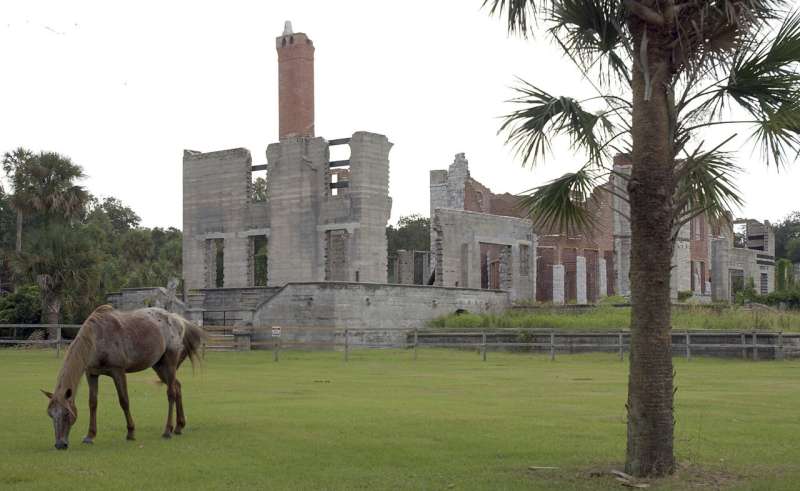A federal agency said Wednesday it's once again delaying a final decision on whether to permit construction of a launchpad for commercial rockets on the Georgia coast.
The Federal Aviation Administration now plans to issue a decision on Spaceport Camden by Nov. 3 "due to ongoing consultation efforts," agency spokesman Steve Kulm said in a statement. Previously, the FAA had said it intended to make a final determination on the project by the end of July, then shifted its target date to the end of September.
Camden County in Georgia's coastal, southeast corner has spent nine years and $10 million seeking permission to build what would be the nation's 13th licensed commercial spaceport. The proposal took a big step forward in June, when the FAA issued an environmental impact study that concluded building the spaceport would be its "preferred alternative."
The National Park Service and its parent agency, the U.S. Department of the Interior, pushed back over the summer. They dispute the FAA's conclusion that the spaceport poses minimal risks or adverse impacts to Cumberland Island, a federally protected wilderness that lies along the proposed flight path for rockets 5 miles (8 kilometers) east of the launch site.
In a July 22 letter to the FAA, the Interior Department said a chance of rockets exploding and raining fiery debris onto the island creates an "unacceptable risk." Known for wild horses and nesting sea turtles, Cumberland Island draws about 60,000 visitors each year.
Local officials say the county of 55,000 people would get a soaring economic boost by joining the commercial space race, with a private launch pad luring both supporting industries and tourists.
It's not clear how much weight the objections will carry with the FAA, which is responsible for licensing U.S. commercial rocket launch sites. In 2014, the agency approved SpaceX's launch site in Texas over objections by the Park Service and the U.S. Fish and Wildlife Service.
Explore further
© 2021 The Associated Press. All rights reserved. This material may not be published, broadcast, rewritten or redistributed without permission.



